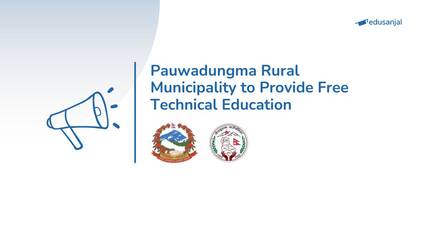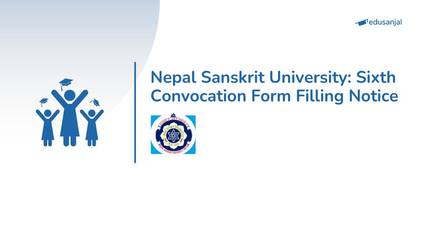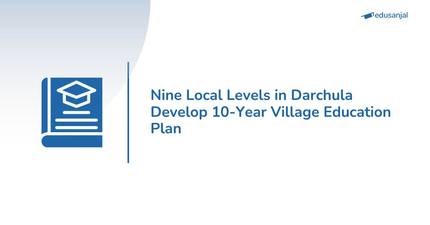Hostel operators within the Kathmandu Metropolitan City area are now required to obtain approval from the Metropolitan City, as per the newly established Hostel Operation Standards, 2080. This standard mandates obtaining pre-approval for operating hostels.
The recently published standards in the local gazette of Kathmandu Metropolitan Municipality have been introduced to ensure consistent and well-regulated management of hostels within the municipality area. The objective is to promote organized, dignified, safe, and transparent operations for hostels operating within the Kathmandu Metropolitan Municipality.
In order to safeguard the best interests of students and hostel management, as well as to protect the rights and professional integrity of hostel operators, this standard has been established by the city executive. This initiative is based on the provisions outlined in the Local Government Operation Act, 2074, and in accordance with Section 4 of the Metropolitan Municipality Administrative Procedure (Regulation) Act, 2075.
The recently published hostel standards in the gazette will take effect immediately. As per these regulations, it is now required that individuals operating hostels within the metropolitan area obtain approval from the metropolitan corporation.
In order to obtain approval, interested parties must submit a proposal outlining the hostel's operation according to Schedule-1, along with a detailed action plan. Additionally, an application expressing the commitment to operate the hostel in accordance with Schedule-2 is required. Furthermore, the submission should include a letter of recommendation from the ward office corresponding to the hostel's location, a copy of the hostel owner/warden's citizenship certificate, a building map illustrating the hostel premises, and a map pass certificate or a copy of the completion certificate.
To obtain permission for operating the hostel, the applicant must submit an application to the education department of the municipality, along with the necessary documents. These documents include proof of ownership of the house where the hostel is operated (if owned by the landlord) or a copy of the lease agreement (if rented).
The operational standards for hostels within the metropolitan area have established fundamental criteria. Accordingly, hostels must meet minimum requirements for physical infrastructure, including facilities such as toilets, kitchens, water supply, electricity supply, and proper garbage management. Additionally, the hostel premises should maintain adequate sanitation standards.
To ensure compliance with the established standards, a monitoring committee consisting of eight members will be established, with the Deputy Chief Coordinator of the Metropolitan Municipality serving as the committee head. The committee's primary responsibility will be to oversee and monitor the hostels operating in accordance with the prescribed standards.
In terms of hostel fees, it is required that the fee structure be determined in a manner that avoids disproportionate increases based on the facilities provided by the hostel operator. The fee should also align with the limits set by the relevant organization governing hostel regulations.
In the event of any violations of the conditions outlined in the standards, the monitoring committee has the authority to take appropriate actions based on the severity of the offense. The standards include provisions for issuing alerts and providing instructions to rectify any deficiencies and ensure necessary improvements are made. Furthermore, the committee also holds the power to cancel the registration and issue instructions for the closure of the hostel if deemed necessary.













